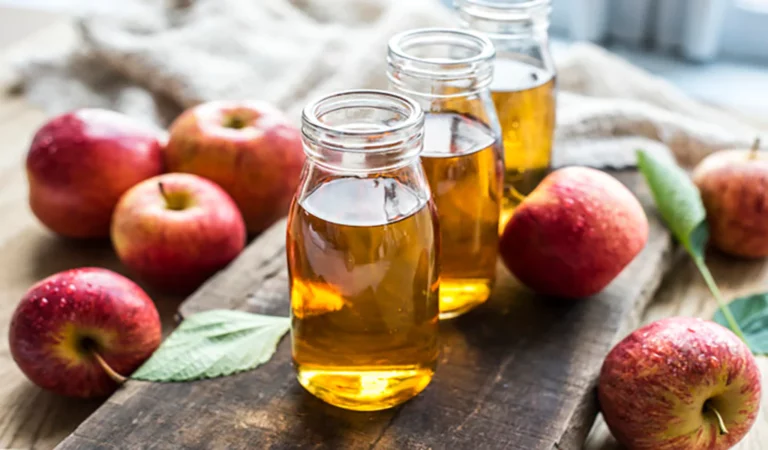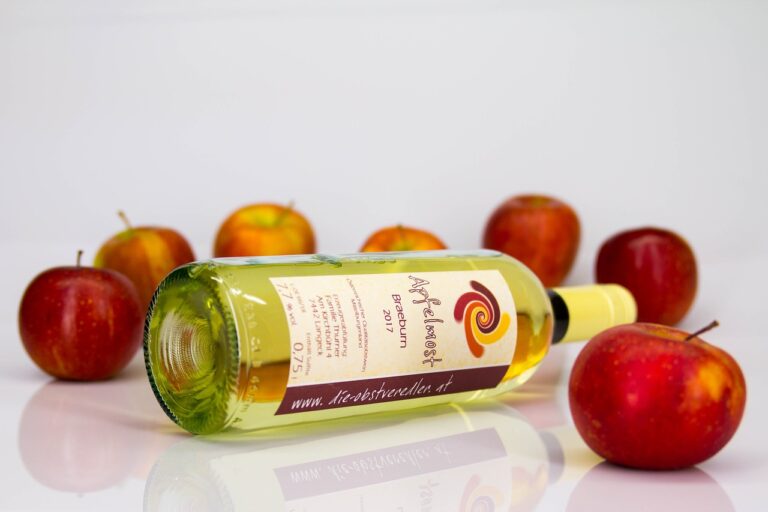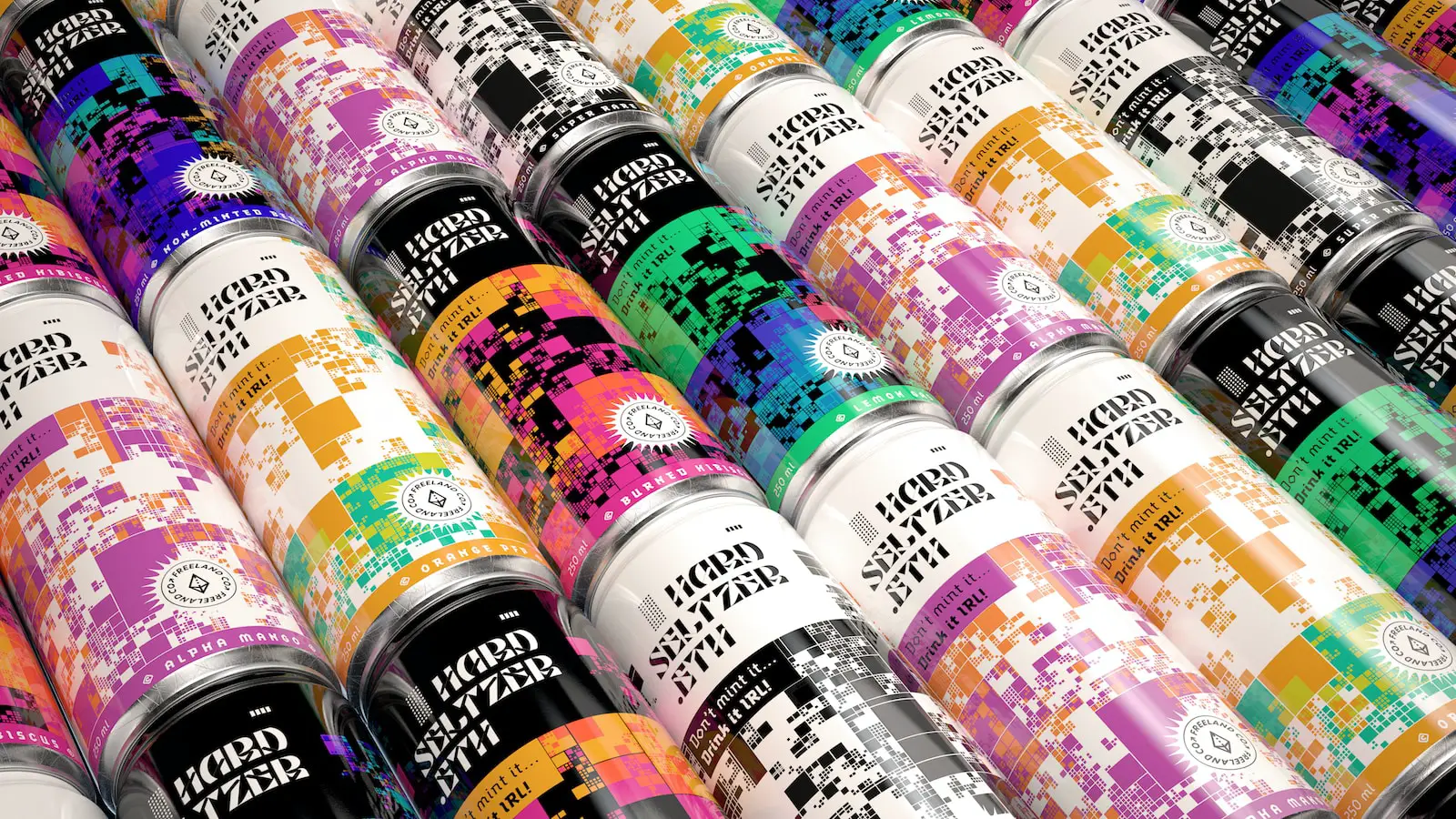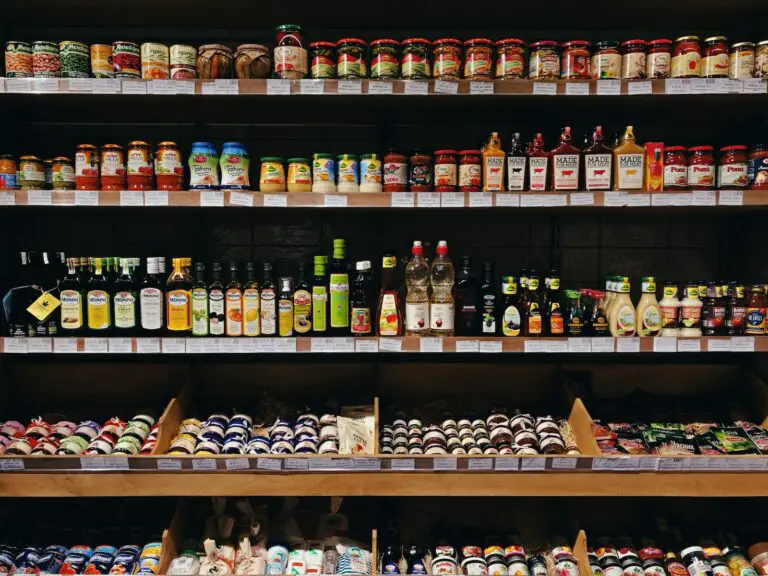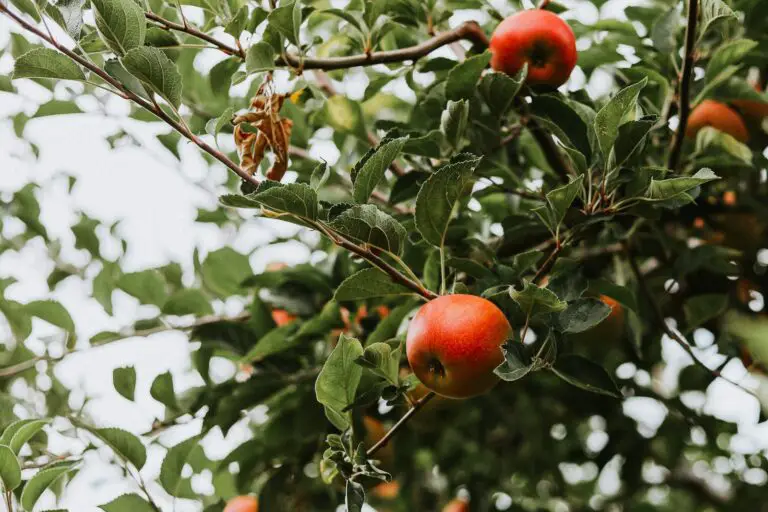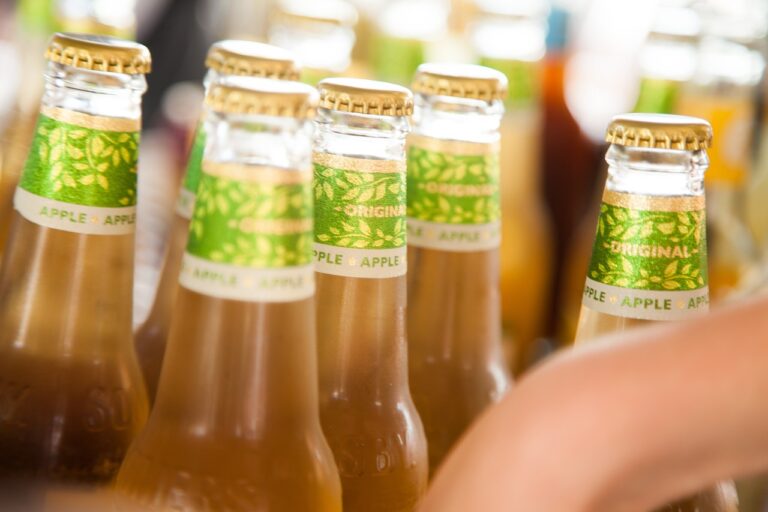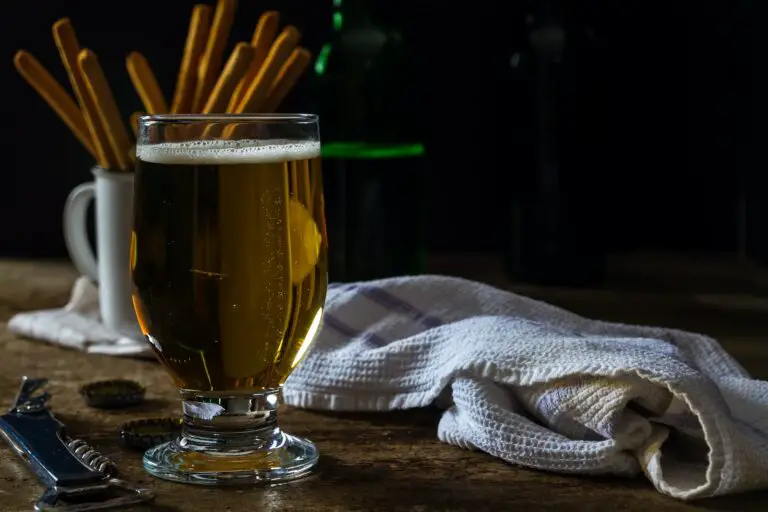You’ve always been an inquisitive one, eh? And when it comes to tequila, you want to get the facts straight.
We don’t blame you! After all, tequila is a centerpiece of Mexican culture and a beloved favorite for many around the world.
As you may already know, in order to be called “tequila,” the spirit must be made from blue agave in Mexico.
But what you may be wondering is whether all tequila is actually imported from there—or if other countries have their own versions as well.
We’re here to shed some light on this contentious subject so that next time someone brings it up at your favorite bar, you’ll have a firm grasp of the facts.
In this article, we’ll give you the lowdown: Is all tequila truly imported from Mexico? Let’s find out!
What Is Tequila and Where Does It Come From?
Tequila is a distilled spirit made from the blue agave plant.
It was originally produced in the city of Tequila, located in the Mexican state of Jalisco.
Tequila has been made with the same basic process for over 200 years and is most commonly associated with Mexico.
But when you pick up a bottle of tequila off the shelf, does that guarantee it’s 100% imported from Mexico? The answer is…it could be, but it might not be.
This can depend on where it’s bottled and where it’s distributed.
Under Mexican law, all bottles of tequila must contain at least 51% blue agave to be labeled as tequila.
To get their product to the global market, some Mexican distilleries have chosen to bottle their tequilas in countries other than Mexico, such as the United States or Europe.
This way they can save money on taxes, labor costs, and bottling fees while still being able to export their product overseas without breaking any laws.
The location at which a bottle of tequila is officially labeled will determine if it was actually brewed in Mexico or not.
When looking for truly imported 100% Mexican tequilas, try to find bottles that carry an “Hecho en México” (Made in Mexico) label to guarantee authenticity.
Mexico’s Denomination of Origin (DO)
Did you know that Mexico’s Denomination of Origin (DO) protects the production and quality of tequila?
This declaration states that all tequila must be produced only in certain regions of Mexico in order to be labeled as authentic tequila.
This is why it’s important to keep an eye on where your tequila comes from—because if it’s not imported from Mexico then it can’t legally be called Tequila.
The DO also determines a few other requirements that must be met for liquor to be considered Tequila.
For instance, all Tequila must use the blue agave plant, which is exclusively found in certain regions of Mexico.
Additionally, the fermentation and distillation process must occur in one of the five Mexican states that are designated by DO—Guanajuato, Jalisco, Michoacán, Nayarit, and Tamaulipas.
It’s important to note that there are three grades of Tequilas that originate from the Mexican laws around DO: mixtos (or “mixed”), 100% agave, and jovenes or no age statements (NAS).
Mixtos can contain between 51 – 99 percent blue agave and must have added caramel colorings or sweeteners—and therefore should generally not be consumed on their own if you want a pure tequila experience.
100% agaves are made with only pure blue agave sugars and do not contain any added colorings or sweeteners.
Jovenes may also follow the same process as 100% but do not have an age statement—so oftentimes they may include added sweeteners or colorants even though they
How Other Countries Distill and Produce “Tequila”
You might be surprised to learn that not all tequila is imported from Mexico! While most tequila is indeed from Mexico, because the country has the best-known agave harvesting industry, other countries have started making “tequila” too.
So how does this work? Well, it’s made possible by a crack in the international laws that govern what countries can call “tequila” and where.
· The “Agave Crack” or Loophole
The way it works is that, as long as 51% of the sugars come from agave, a non-Mexican country can call their distilled spirit “tequila”—even if the rest of it comes from something else.
That’s why you’ll often find liquors labeled as “agave spirits,” which includes tequilas produced outside of Mexico.
Does It Matter Where Tequila Comes From?
Knowing where you buy your tequila matters if you’re concerned about authenticity.
If you want an authentic Mexican experience—from harvesting ingredients to distillation—then make sure it says “100% Blue Agave Produced & Bottled in Mexico” on the label.
This will guarantee an imported beverage with authenticity and flavor guaranteed by Mexican law.
Bottom line: just remember to check labels next time you reach for a bottle of tequila; while some foreign-produced products are high quality and flavorful, they’re not necessarily “true” tequilas, so beware!
Tequilas Not Allowed to Be Called Tequila
Did you know that not all tequila can be called “tequila”? It’s true—in order for a liquor to be called tequila, it must be made from only blue agave grown in certain states in Mexico.
If this isn’t the case, then it technically isn’t tequila.
Tequila production is tightly regulated and can only take place in certain states of Mexico by certified and licensed producers.
It must be blue agave (Agave tequilana) and it must have been grown in one of the five regions designated by the CRT.
When you see a “100% agave” label on a bottle of tequila, you know what you’re getting—an authentic Mexican spirit that adheres to the traditional rules established by the CRT.
That bottle of true Mexican gold deserves to be appreciated!
Conclusion
At the end of the day, all tequila is still made from 100% blue agave and all tequila is legally required to be imported from Mexico.
However, it’s important to know that the tequila you purchase isn’t necessarily 100% Mexican.
It may be bottled in Mexico but not all of the ingredients come from there and, even if they have been made in Mexico, they may have been made from ingredients that are not native to the country.
So, do your research before purchasing your favorite tequila.


